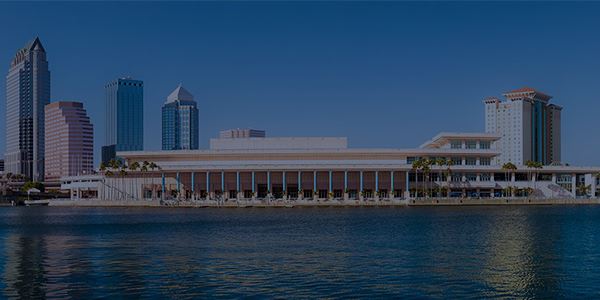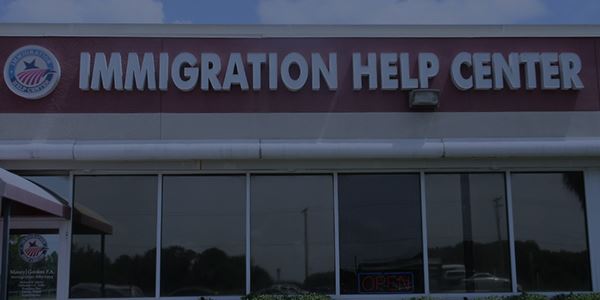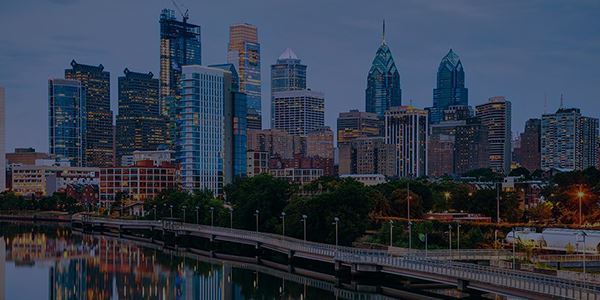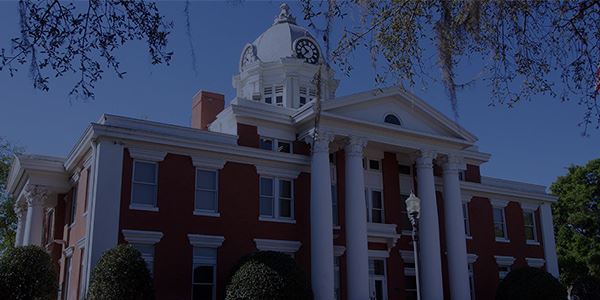
Tampa Violence Against Women Act (VAWA) Attorneys
Providing Comprehensive Legal Services for Survivors of Domestic Violence
The Violence Against Women Act (VAWA) is a critical law designed to protect individuals who have suffered domestic violence, abuse, or other forms of mistreatment at the hands of a U.S. citizen or lawful permanent resident (LPR) spouse, parent, or child. For victims seeking safety and independence from their abusers, VAWA provides a path to legal immigration status without the abuser's involvement. At Maney | Gordon | Zeller, P.A., our experienced Tampa VAWA lawyers are dedicated to helping individuals navigate the complexities of VAWA petitions and secure the protections they deserve.
Let our firm help you and answer your questions about getting a VAWA petition in Tampa today. Contact us at (800) 708-4399 today to speak with our team!
What is VAWA?
The Violence Against Women Act (VAWA) was enacted in 1994 to address domestic violence and sexual assault. While the name may suggest it applies only to women, VAWA protections extend to all survivors of abuse, regardless of gender. The law allows certain non-citizens, including spouses, children, and parents of U.S. citizens or LPRs, to self-petition for lawful status without needing the abuser’s knowledge or cooperation. This ensures victims can seek safety and legal relief without fear of retaliation or deportation.
VAWA covers various forms of abuse, including:
- Physical violence
- Sexual assault
- Emotional or psychological abuse
- Financial control or exploitation
- Verbal abuse and threats
Victims of such abuse may be eligible for immigration relief under VAWA and can file a self-petition to become lawful permanent residents (green card holders) or receive other immigration benefits.
Who is Eligible for VAWA?
VAWA provides relief to several categories of individuals who have suffered abuse, including:
- Spouses of U.S. citizens or lawful permanent residents: A non-citizen who is married to an abusive U.S. citizen or LPR can self-petition under VAWA.
- Children of U.S. citizens or lawful permanent residents: Children who have been abused by their U.S. citizen or LPR parent can self-petition for VAWA protections.
- Parents of U.S. citizens: Parents who are victims of abuse by their adult U.S. citizen children may also be eligible for VAWA protections.
If you fall into any of these categories and are suffering from domestic violence, you may be eligible for VAWA protections. It’s important to consult a skilled Tampa VAWA lawyer to understand your legal options and start the self-petition process.
How Does the VAWA Self-Petition Process Work?
Filing a VAWA self-petition allows survivors to gain independence from their abuser and pursue lawful immigration status. The process involves submitting Form I-360, the VAWA petition, along with supporting evidence that proves the petitioner meets eligibility criteria. Some of the required documentation includes:
- Proof of the abuser’s U.S. citizenship or LPR status
- Evidence of the petitioner’s relationship to the abuser (e.g., marriage certificate or birth certificate)
- Evidence of abuse, which can include police reports, restraining orders, medical records, or affidavits from friends, family, or counselors
- Proof of the petitioner’s good moral character, often supported by letters from the community or background checks
Once the I-360 is approved, the petitioner may be eligible to apply for permanent residence (a green card) and can include qualifying family members in their application.
What Happens After a VAWA Petition is Approved?
When a VAWA self-petition is approved, the next steps depend on the petitioner’s current immigration status. Individuals inside the United States may be eligible to apply for a green card (permanent residence) through adjustment of status. This can be done by filing Form I-485, the application for permanent residence, if a visa is immediately available.
For those living abroad, once the I-360 is approved and a visa becomes available, the petitioner may apply for an immigrant visa through consular processing, allowing them to enter the U.S. as a lawful permanent resident.
Importantly, VAWA petitioners do not need to rely on the abuser to complete the immigration process, ensuring that they can safely proceed without fear of further retaliation.
The Benefits of Filing a VAWA Petition
VAWA provides crucial protections for survivors of abuse. If your petition is approved, you may be entitled to several benefits, including:
- Work Authorization: VAWA self-petitioners can apply for work authorization, allowing them to legally work in the U.S. and gain financial independence.
- Green Card Eligibility: Successful VAWA petitioners may become eligible for permanent residence, ensuring long-term legal status in the U.S.
- Safety and Protection: By filing a VAWA petition, victims of abuse can protect themselves from their abuser while maintaining control over their immigration process.
Our knowledgeable Tampa VAWA attorneys at Maney | Gordon | Zeller, P.A. will help you understand the full range of benefits available under VAWA and guide you through every step of the process.
To learn more about how we can help, call (800) 708-4399 or contact us online today!

Why Choose Maney | Gordon | Zeller?
-
We Have Nine Offices Across the U.S. Dedicated to Your American Dream
-
We Are Licensed to Practice Law at the United States Supreme Court Level
-
We Are Licensed to Practice Law in Sixteen States & Four Countries
-
We Have Board-Certified* Immigration Specialists on Our Legal Team
-
We Have Served Hopeful Immigrants for Over 40 Consecutive Years
-
We Are Nationwide Authorities on the Law & Politics of Immigration
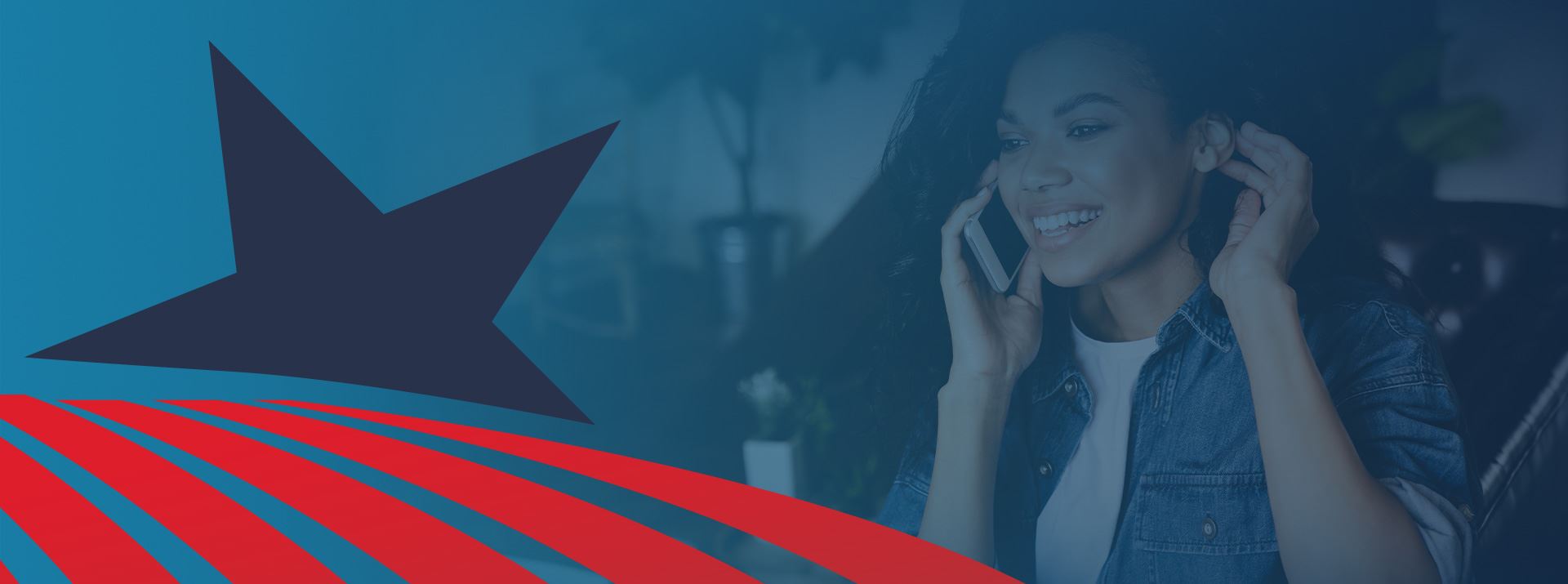
A member of our team will be in touch shortly to confirm your contact details or address questions you may have.
